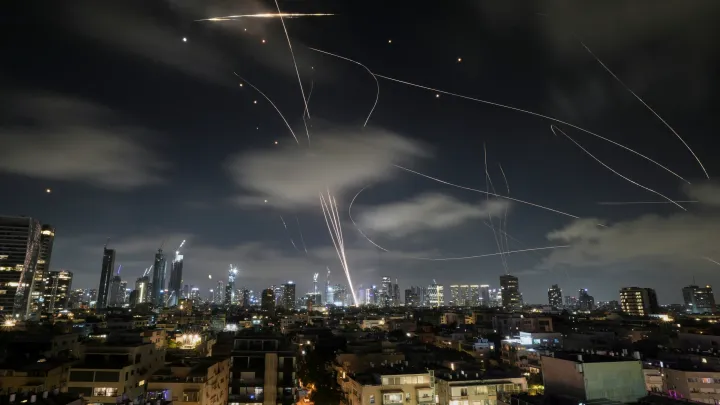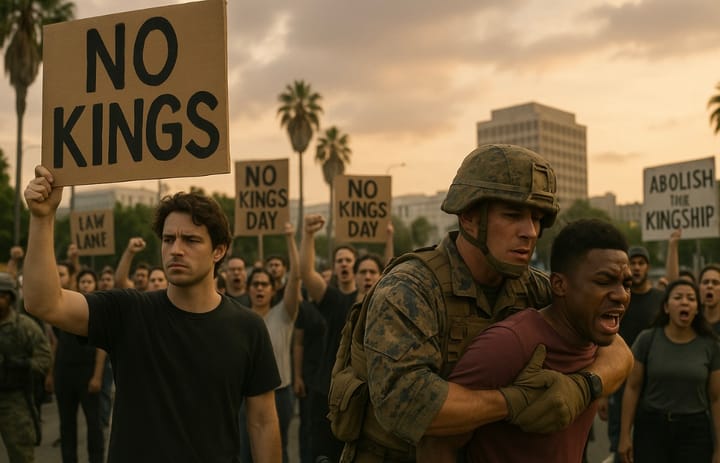Trump Deploys Marines and National Guard to Los Angeles
Trump sends 700 Marines and thousands of National Guard to Los Angeles to counter mass deportation protests, sparking legal conflict in California.

A wave of demonstrations has swept through Los Angeles since early June 2025, triggered by President Donald Trump’s policy ordering mass deportations of immigrants. The escalation reached its peak when Trump deployed more than 700 Marines and thousands of National Guard troops to the city center, marking one of the largest federal mobilizations in recent decades. This move has sparked strong protests from California Governor Gavin Newsom and civil society, intensifying the conflict between the federal government and the state.
Background on the Deployment of Federal Troops
President Trump signed an order to deploy federal troops to Los Angeles without approval from the state government. According to an official White House statement, the purpose of sending Marines and National Guard was to secure federal facilities such as ICE offices and detention centers, following rising anti-deportation demonstrations. The policy was enforced after waves of protests broke out across the city following ICE operations that detained hundreds of people, including several immigrant rights activists.
California Government Response and Legal Action
Governor Newsom immediately condemned Trump’s decision, calling it a violation of state sovereignty and a provocative act that worsened the situation. Alongside Attorney General Rob Bonta, the California government quickly filed a lawsuit with the Federal Court of the Northern District, demanding a halt to the deployment of troops without the governor’s authorization. The lawsuit highlights potential constitutional violations and requests the federal government to withdraw its troops from California immediately.
On-the-Ground Dynamics and Social Impact
Since the deployment, conditions in Los Angeles have grown more tense. Authorities have used rubber bullets, flashbangs, and tear gas to disperse crowds at several strategic locations, including downtown and the Compton area. More than 100 demonstrators have been arrested, while several people—including journalists—were injured in clashes with law enforcement. Field observations indicate that the National Guard’s intervention has been more restrained compared to the LAPD, which has taken more repressive actions.
Nationwide Reactions and Political Implications
Trump’s decision has drawn strong reactions nationwide. Major cities such as New York, Boston, and Seattle have organized solidarity rallies in support of Californians. The use of active military forces for domestic matters has been widely criticized, including by military veterans and constitutional law experts. Many believe this move sets a dangerous precedent for the use of military power for domestic political purposes in the future.
Legal Proceedings and the Potential for Escalation
The federal court will hear California’s lawsuit on June 12, 2025. The court’s decision will determine whether deploying troops without state authorization is legal. The situation remains volatile, with the possibility of protests spreading to other regions.
If the ruling favors the federal government, this precedent will strengthen executive power in deploying military forces domestically. If California’s lawsuit succeeds, it will reinforce state autonomy in resisting federal intervention.
Impact Analysis and Long-term Perspective
The federal deployment to Los Angeles marks a new chapter in the conflict between the central government and states over immigration. Trump’s policy—driven by ambitious deportation targets and increased detention budgets—has sharpened national political polarization. Many observers highlight the risks of social instability and declining public trust in government.





Comments ()